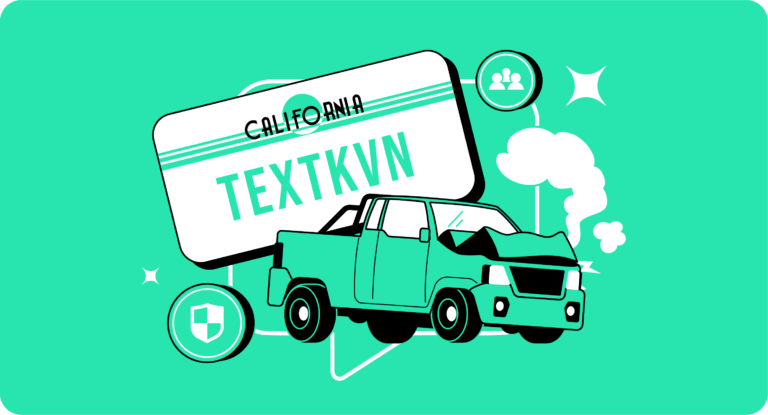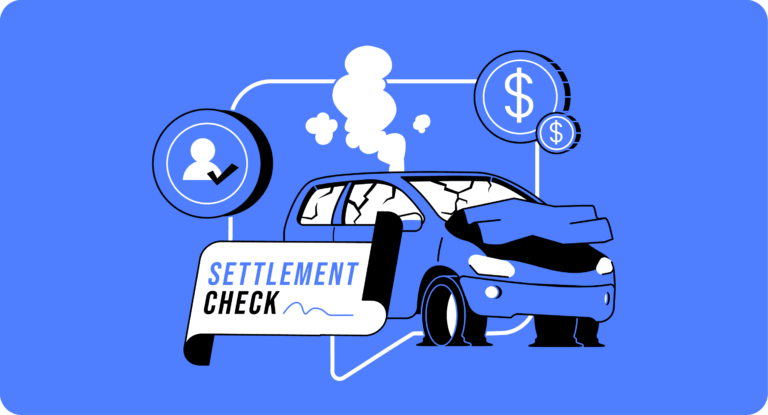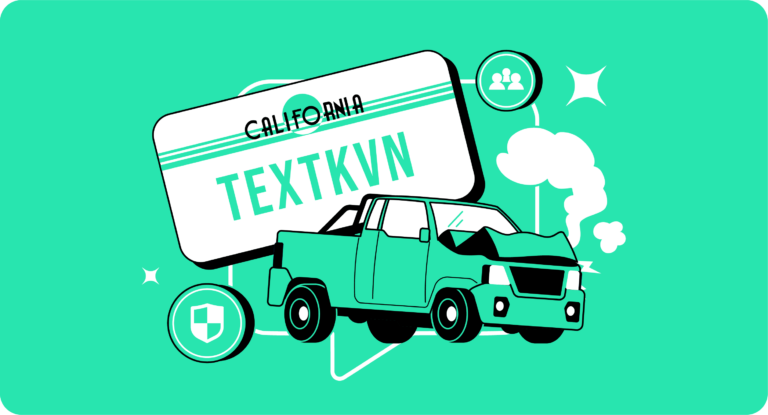When a car gets into an accident, one of the first questions is: How bad is the damage?
Understanding what constitutes major damage in a vehicle collision is crucial. It’s not just about the visible dents and scratches–major damage affects a car’s safety, functionality, and value.
In this guide, we’ll explore the different aspects of major damage, helping car owners make informed decisions post-accident.
Factoid About Common Car Parts Susceptible to Damage
| Car Part | Common Damage | Impact |
|---|---|---|
| Tires and Rims | Punctures, Bends, Dents | Essential for vehicle mobility; require immediate repair |
| Fenders | Cosmetic in low-speed, Structural in high-speed | Affects appearance and structural integrity |
| Headlights and Taillights | Cracking, Shattering, Knockouts | Legally required; essential for visibility and safety |
| Bumpers | Knocked off, Scratches, Dents | Impact absorption; even minor damage can affect performance |
Identifying Major Structural Damage
Structural damage in a vehicle is a serious concern. It refers to harm done to the core framework of the car, which includes the frame or unibody.
This kind of damage can compromise the vehicle’s structural integrity, making it unsafe to drive. But how can you tell if your car has structural damage?
Look for signs like uneven car doors, gaps between body panels, or misaligned wheels. These are indicators that something more serious than cosmetic damage has occurred.
Frame and Unibody Damage
Frame and unibody damage is particularly significant. The frame is like the skeleton of your car, while the unibody is a design that integrates the frame and body into one piece. Damage here can lead to serious safety issues.
For instance, a bent frame can affect how your car handles, especially in emergency maneuvers.
Repairing this kind of damage is complex and often expensive. It’s a situation where you might wonder, “Is my car still safe to drive?” or “Should I get it repaired or look for a new car?”
These are valid concerns, and it’s important to get a professional assessment.
Assessing Repair vs. Replace Scenarios
When a car is damaged, a key decision is whether to repair or replace the affected parts. This decision hinges on several factors, including cost, extent of damage, and the car’s overall value.
Understanding these factors helps car owners make choices that are both economically sensible and safe.
Repairing vs. Replacing Damaged Parts
The decision to repair or replace parts often comes down to a cost analysis.
For instance, if a car’s door is damaged, should it be repaired or replaced? Consider the repair costs, which might include labor and parts, against the cost of a new door.
Sometimes, repairing is more cost-effective, especially for minor damages. However, for major damages, replacing might be the better option.
This decision also depends on the car’s value. If the car is older, the cost of replacement parts might exceed the car’s worth.
In such cases, it’s crucial to weigh the options carefully. Questions like “Will repairing this part ensure my car’s safety?” or “Is the cost of replacement justified considering my car’s age?” are important to consider.
Understanding Total Loss and Salvage Classifications
Sometimes, the damage to a vehicle is so severe that it’s deemed a ‘total loss’ by insurance companies. This usually means the cost of repairs exceeds a certain percentage of the car’s value. But what exactly does this mean for car owners?
Navigating Insurance Claims for Total Loss Vehicles
Dealing with a total loss vehicle involves understanding insurance claims and payouts.
If your car is declared a total loss, the insurance company will typically offer a payout based on the car’s current market value. It’s important to know that you have the right to negotiate this value.
Ask yourself, “Is the payout offered by the insurance company fair?” or “Does it reflect my car’s actual market value?”
Categories of Vehicle Damage Assessment
In the realm of vehicle damage, understanding the different categories used for assessment is key.
These categories help in determining the extent of damage and the necessary steps for repair. They range from minor dents and scratches to major structural damages.
From Major to Minor Damages
Understanding the difference between Category S and Category N damages is crucial for any car owner dealing with vehicle damage. These categories help in determining the severity of the damage and guide decisions regarding repairs and insurance claims.
- Category S (Structural Damage) signifies severe damage to the vehicle’s structural components, such as the frame or chassis. It often requires extensive repairs and can impact the vehicle’s safety and integrity.
- Category N (Non-Structural Damage) refers to more cosmetic damages that don’t affect the vehicle’s structural integrity. These are usually surface-level issues like dents, scratches, or minor bodywork.
Recognizing whether your vehicle’s damage falls under Category S or N is pivotal in making informed decisions about repairs and insurance claims. It helps in understanding the extent of the damage and its potential impact on your vehicle’s safety and value.
Legal Considerations in Major Vehicle Damage
When a vehicle sustains major damage, there are legal considerations to keep in mind. These include state laws regarding vehicle safety, insurance claims, and the responsibilities of the car owner.
It’s important to be aware of these legal aspects to ensure compliance and protect your rights as a vehicle owner.
Dealing with Total Loss and Major Damage Legally
If your vehicle is a total loss or has major damage, there are specific legal steps you should follow.
First, understand your insurance policy and what it covers in cases of major damage. You should also be aware of your rights when dealing with insurance companies.
For example, if you believe the insurance payout is insufficient, you have the right to dispute it.
Remember, dealing with major vehicle damage can be complex, and seeking professional advice can be beneficial.
Practical Tips for Vehicle Owners
After experiencing major vehicle damage, it’s essential to know the practical steps to take. These steps not only ensure your safety but also help in dealing with insurance claims and repair processes effectively. Let’s look at some key actions you should consider if your vehicle has suffered significant damage.
Steps to Take Immediately After Encountering Major Vehicle Damage
When you’re faced with major vehicle damage, it’s crucial to act swiftly and thoughtfully. The steps you take immediately following the incident can significantly impact your safety, the repair process, and insurance claims.
Here’s a concise guide to help you manage this challenging situation effectively:
- Ensure Safety First
- Move to a Safe Location
- Call Emergency Services
- Document the Scene
- Exchange Information
- Notify Your Insurance Company
- Avoid Making Repairs Before Inspection
- Seek Legal Advice if Necessary
After encountering major vehicle damage, following these steps can help you manage the situation more effectively.
They ensure that you take care of immediate safety concerns, gather necessary information for insurance purposes, and set the stage for the next steps in the repair and legal processes.
Documenting and Reporting Damage for Insurance Claims
Effective documentation and reporting are key to a smooth insurance claim process. When documenting, include the date, time, and circumstances of the incident.
Be as detailed as possible. When reporting the damage to your insurance company, be clear and concise.
Provide all the necessary information and documentation. This helps in getting an accurate assessment and fair compensation for the damages.
Remember, insurance companies require detailed information to process claims efficiently.
Choosing the Right Repair Shop for Major Damage Repairs
Selecting the right repair shop is critical when dealing with major vehicle damage.
Look for a repair shop with a good reputation and experienced technicians. It’s important to choose a shop that specializes in the type of damage your vehicle has sustained.
For example, if your car has frame damage, find a shop that specializes in frame repairs.
Getting multiple quotes can also be helpful. This allows you to compare prices and services, ensuring you get the best deal for your repairs.
Remember, quality repairs are crucial for your safety and the longevity of your vehicle.
Maintaining Vehicle Value Post-Repair
After major repairs, maintaining or restoring your vehicle’s value is important. This includes ensuring the repairs are done to a high standard and keeping detailed records of all the work done.
If you plan to sell or trade your vehicle in the future, these records can be invaluable. They provide proof of the quality of repairs and can help maintain the vehicle’s resale value.
Additionally, consider a diminished value claim if the accident wasn’t your fault. This claim can compensate for the loss in value your vehicle has suffered due to the accident.
Seek Expert Guidance for Your Car Injury Case
If you’ve experienced major vehicle damage and need legal assistance, Crockett Law Group is here to help.
As experienced Irvine car injury lawyers, they understand the complexities of car accident cases.
Call them at (800) 900-9393 for expert guidance and support in navigating your legal options and ensuring your rights are protected.










